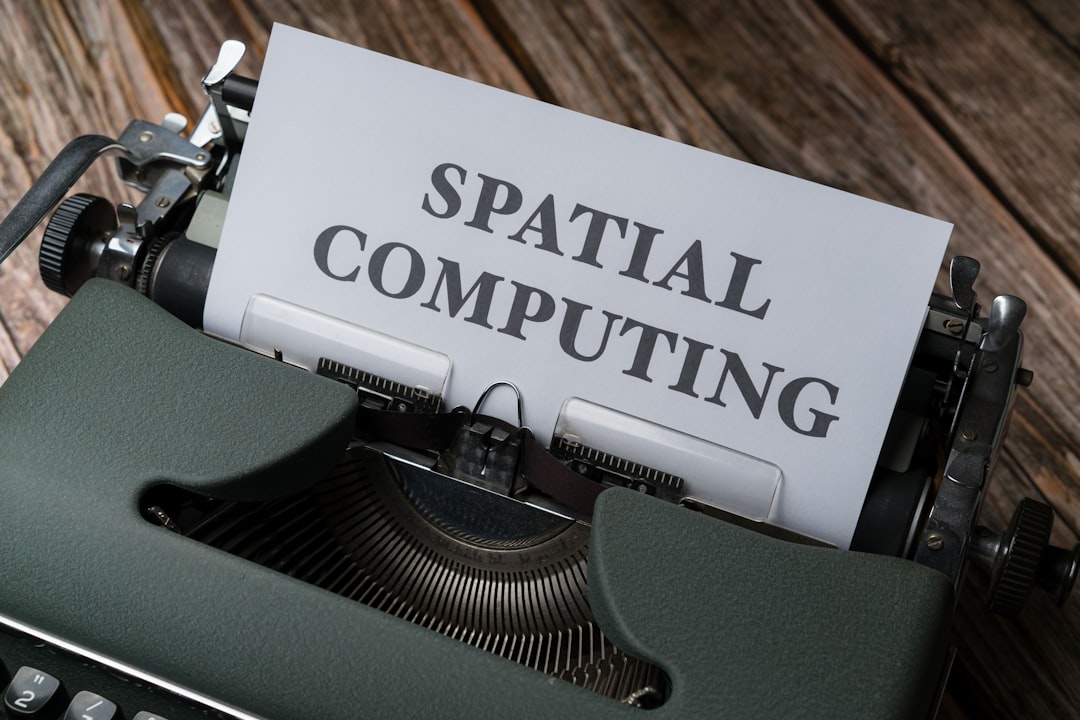Website performance issues can be not only frustrating but also damaging to your brand reputation, user experience, and SEO rankings. In this case, a heavily trafficked WordPress site hosted with Bluehost began experiencing abnormally slow cPanel and WordPress dashboard loading times, grinding administrative functions to an almost unusable level. While the website front-end remained mostly functional, managing plugins, updating content, and navigating cPanel became a major operational burden.
TLDR (Too Long, Didn’t Read)
The slow loading of Bluehost’s cPanel and WordPress dashboard was traced back to poorly configured caching and redundant or bloated plugins. A comprehensive audit of active plugins, combined with the implementation of proper caching strategies, restored the back-end to optimal speeds. Timely plugin maintenance and host compatibility checks played a critical role in performance restoration. For WordPress administrators using shared hosting like Bluehost, regular plugin assessment and cache configuration are essential.
Initial Indicators of a Performance Bottleneck
The first alarming sign of trouble was the increasing delay when accessing Bluehost’s cPanel. Tasks that should have taken seconds—like file management, accessing phpMyAdmin, or email configurations—were taking minutes. Simultaneously, the WordPress dashboard became sluggish; pages with numerous widgets froze momentarily or failed to load entirely. Interestingly enough, the site’s front-end retained relatively acceptable speeds, misleading the client into thinking the performance problem wasn’t critical—until important back-end tasks became impossible to complete efficiently.

Common Causes of cPanel and Dashboard Slowness
When diagnosing such slowdowns, particularly in shared hosting environments like Bluehost, several potential causes stand out:
- Excessive Running Processes: High usage of CPU or RAM resources shared among multiple accounts.
- Bloated WordPress Installations: Too many poorly coded or overlapping plugins slow performance.
- Misconfigured or Missing Caching: Absence of page object or database-level caching increases backend server load.
- Uncompressed Scripts: Heavy JavaScript or CSS files within admin dashboards can exacerbate load delays.
- Outdated PHP or WordPress Versions: Legacy codebases produce inefficient responses in newer server environments.
After confirming that there were no server-wide outages or reported issues on Bluehost’s own status page, the focus turned inward—on the account’s specific configurations and installed plugins.
The Cache & Plugin Audit Strategy
A two-pronged approach was adopted—conducting a full plugin audit and implementing a more robust caching configuration.
1. Plugin Audit: Discovering the Culprits
The dashboard had over 30 active plugins, many of which had overlapping functionality, such as multiple SEO tools, redundant security plugins, and two separate minification plugins. Some of the plugins were outdated or no longer maintained, increasing not just the load but the risk of security vulnerabilities.
Here’s how the audit was performed:
- Step 1: Install the ‘Plugin Performance Profiler’ (P3) plugin to get visual data on slowest-loading plugins.
- Step 2: Deactivate suspected slow plugins one by one and monitor dashboard response improvements.
- Step 3: Replace heavy plugins with lighter alternatives or bundled solutions (e.g., using one plugin for both caching and minification).
- Step 4: Analyze plugin update history to remove long-abandoned ones.
Ultimately, 12 plugins were deactivated and 6 were permanently removed. Among the culprits were security plugins that ran redundant scans on every page load and an analytics plugin that sent complex API requests on every admin interaction.
2. Implementing Effective Caching
Though the site had a caching plugin installed, it was not properly configured. The plugin lacked object caching support, had no page or browser caching rules correctly set, and also hadn’t enabled GZIP compression—key to optimizing both front-end and back-end speed.
To correct this:
- A fresh install of WP Rocket (a premium but well-rated caching solution) was done to replace the outdated cache plugin.
- Object Caching was enabled using Memcached through Bluehost’s MultiPHP INI Editor.
- GZIP compression was configured at the server level via .htaccess edits.
- Browser caching rules were added to reduce repeated loading of unchanged resources.
Additionally, database cleanup features were utilized to remove expired transients, post revisions, and orphaned metadata—freeing up valuable system resources.
Post-Optimization Results
After completing the audit and reconfiguring the cache settings:
- cPanel load time dropped from 30 seconds to under 5 seconds on all major modules.
- WordPress dashboard became fully responsive again, with admin page loads averaging just 2 seconds.
- CPU and memory usage as logged in Bluehost’s account statistics dropped by 40%.
Furthermore, the enhanced performance noticeably improved the team’s operational efficiency. Routine actions such as installing updates, writing blog posts, and handling e-commerce orders could be performed without lag or timeouts.
Lessons Learned and Best Practices Going Forward
Several key takeaways emerged from this experience that are worth noting for any site administrator, particularly those using shared hosting environments like Bluehost:
Regular Plugin Audits are Crucial
The temptation to install numerous plugins is strong, but every active plugin consumes resources. A quarterly audit helps eliminate redundancies and replace heavy tools with optimized alternatives.
Don’t Overlook Backend Caching
Many assume caching only benefits site visitors. But proper configuration, including database and object caching, dramatically improves back-end efficiency as well.
Monitoring Tools Save Time
Use profiling and logging plugins or server statistics to identify what’s really dragging performance, rather than guesswork.
Cooperate with the Host’s Infrastructure
Not all caching mechanisms are compatible with all types of servers. Check what your hosting provider (in this case Bluehost) supports—Memcached, Redis, or Varnish—to maximize effectiveness.
Streamline the Admin UI
Disable unnecessary widgets on the WordPress dashboard. They draw remote data, slow things down, and clutter the space administrators need to work in.
Final Thoughts
Slow performance on Bluehost’s cPanel and WordPress dashboard isn’t always evidence of a poor hosting plan—often, it’s the architecture of your site and admin environment that needs rethinking. Through a focused plugin audit and smarter caching strategies, the restore-to-speed process can bring about substantial gains without requiring a costly plan upgrade or website migration.
Ultimately, with shared hosting, resource efficiency is the currency for consistent uptime and responsiveness. Monitor, audit, and configure wisely—and your dashboard will thank you with smooth, uninterrupted operation.


